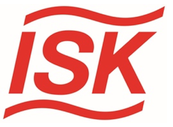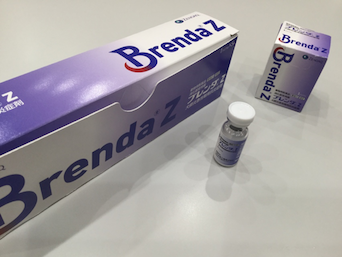First Canine Therapeutic Drug for Pancreatitis Approved
Now approved in Japan, BRENDA is the first drug of its kind to safely and effectively reduce the clinical signs associated with acute pancreatitis in dogs.

After a lengthy approval process, a new drug has received approval in Japan for the management of pancreatitis in dogs. BRENDA—which stands for blood cell response to endothelial cell non-adhesion—is believed to be the first drug of its kind for use by veterinarians to safely and effectively reduce the clinical signs associated with the disease.
“Canine pancreatitis brings the possibility of mortality,” said Hiroshi Shikama, PhD, general manager of the research and development division at Ishihara Sangyo Kaisha (ISK) Animal Health Headquarters, the drug’s manufacturer. “Until now, the only treatment available to veterinarians was to mitigate symptoms of pancreatitis with things such as anti-emetics, fluid support, pain control, and so forth.”
RELATED:
- Survival Times of Dogs with Pituitary-Dependent Hyperadrenocorticism With and Without Treatment
- Critical Care Nutrition
BRENDA is ISK’s first venture into the animal health pharmaceutical industry. According to Dr. Shikama, the company saw an opportunity and need to apply its years of science and expertise to help find a better solution for managing the condition.

“BRENDA has a critical drug efficacy for acute pancreatitis,” he said, “allowing for a speedier recovery and decreased likelihood of long-term damage.”
Clinical studies for the drug ran from June 2015 through February 2016. Accordingly, they filed for approval to the Japanese Ministry of Agriculture, Forestry, and Fisheries in May 2016 and received approval in late September.
“In Japan, there are few therapeutic drugs available for companion animals,” Dr. Shikama said, “so we were motivated to explore these possibilities.”
BRENDA is being launched in the Japanese market first, with the intention of obtaining approval in other markets over time. The company has already begun the FDA approval process in the United States and has been assigned an Investigational New Animal Drug file number for clinical studies.
“We are running a pilot clinical study to prove the efficacy of regimen,” Dr. Shikama said. “The next step will be a pivotal clinical study, which we are aiming to start May 2019.”